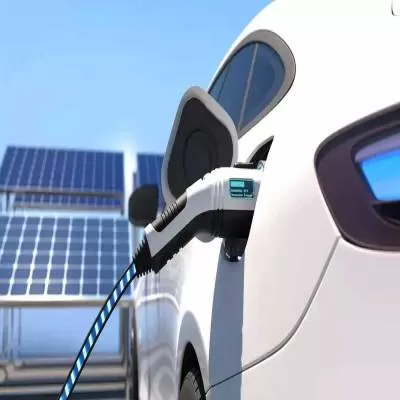

Electric vehicles (EVs) are poised to significantly reduce emissions and enhance air quality in cities, but only once they become prevalent. This transformational impact underscores the importance of widespread EV adoption in mitigating environmental pollution and improving public health.
As EV adoption increases and conventional vehicles are phased out, the cumulative effect on emissions reduction and air quality improvement will become more pronounced. With a critical mass of EVs on the roads, the benefits of cleaner transportation will be realised, leading to healthier urban environments.
The transition to widespread EV use is crucial for achieving substantial reductions in greenhouse gas emissions and combating climate change. By replacing internal combustion engine vehicles with electric alternatives, cities can significantly lower their carbon footprint and contribute to global efforts to limit temperature rise.
In addition to curbing emissions, widespread adoption of EVs can also alleviate air pollution, a major public health concern in many urban areas. The elimination of tailpipe emissions from EVs reduces the emission of harmful pollutants such as nitrogen oxides and particulate matter, leading to cleaner and safer air for residents.
However, realising the full potential of EVs to improve air quality and reduce emissions hinges on overcoming barriers to adoption, including cost, infrastructure, and consumer preferences. Governments, businesses, and stakeholders must collaborate to address these challenges and accelerate the transition to electric mobility.
As EVs become increasingly common on our roads, their transformative impact on emissions reduction and air quality improvement will be realised, paving the way for cleaner, healthier cities for future generations.